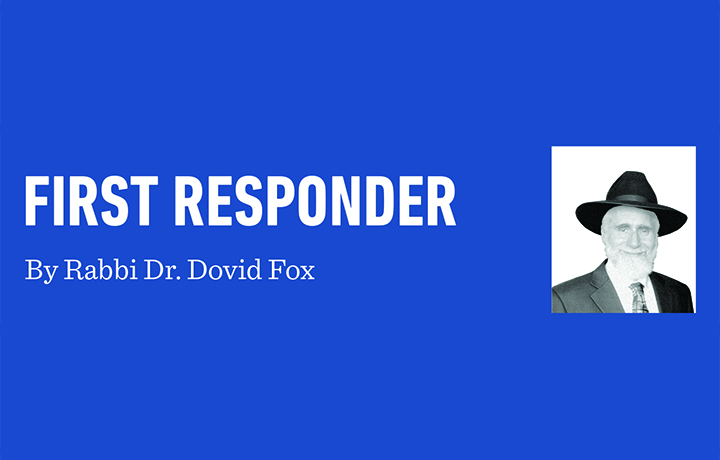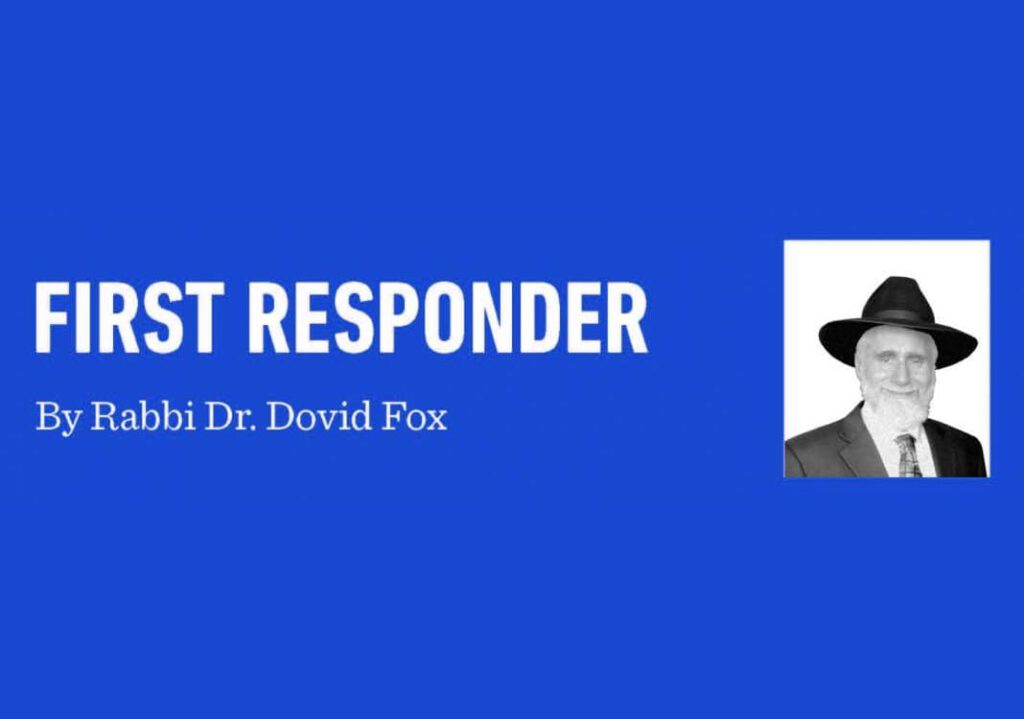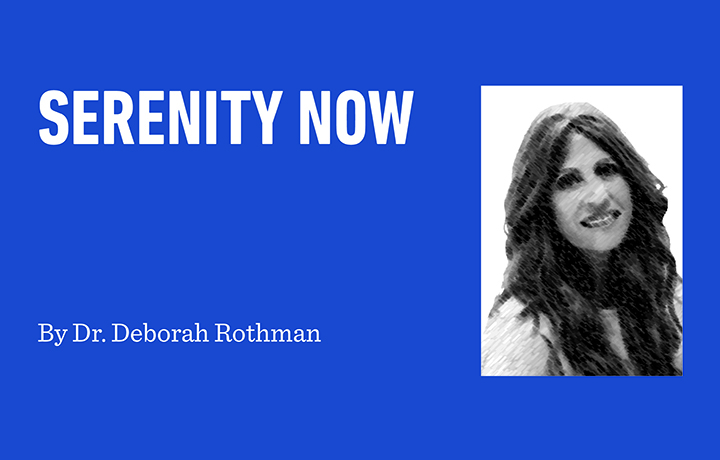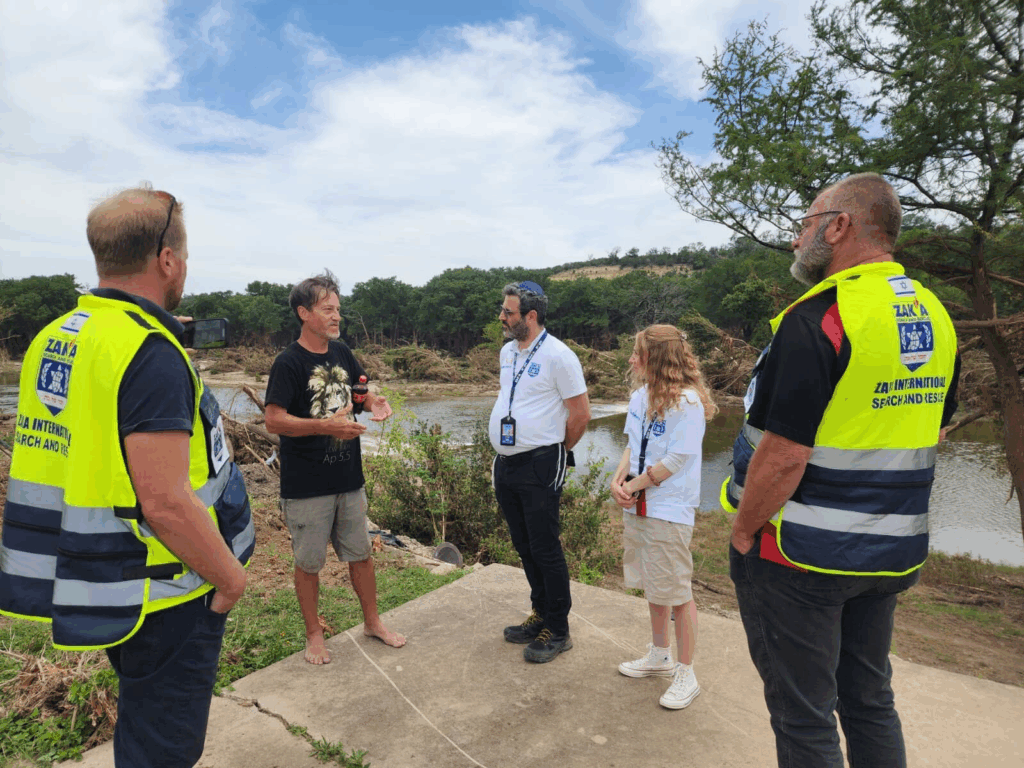There’s No Place Like Home
I was contacted this week by a news outlet and interviewed about the impact of war on the people of Israel and on the Jews in the rest of the world. The usual questions were posed, such as: What is the brain science that explains the concept of resilience? Are the people of Israel more resilient than others when faced with trauma? Is there a downside to being resilient because it’s a variation of denial?
The questions were reasonable, and I fielded them with clinical science and with sociological theories. I explained to the interviewer the concept of “home court advantage,” a term first used in trying to explain how sports teams usually perform better and win more often when playing in their home stadium or arena. The Jewish people of Israel have, to a certain extent, the benefit of a home court advantage because, quite honestly, they realize they have no place else to go. When an enemy threatens to “push us into the sea,” and there is a real sea at our shore, it’s clear that we do not have the option of heading west. To head south, north, or east, will likewise put us in the same predicament. To flee to the diaspora lands from which many of us came means risking persecution, pogroms, and other forms of oppression which prompted some of our people to return to the Promised Land.
The Holy Land is our home court. When there is no other option, no alternative solution, the only option is to give one’s all, and to cope with whatever stresses arise. There is no turning back and no turning away. That helps to fuel the brain’s resilience. This, though, has little to do with the defense mechanism known as denial. Denial is a mind-state that rushes away from reason, logic, and fact and enters into a dimension of agnosia, when the person is detached from reality in order to deny what the brain sees, and not experience what the brain fears. Denial is not sustainable, and with increased stress and the encroachment of harsh realities, people crumble and collapse emotionally. Denial can be a last-ditch effort to ignore the inevitable and when its mechanism fails, the system crashes. In contrast, resilient people remain cognizant of reality. They are aware of the difficulties they face, yet they draw on hope, on faith, and on the will to survive. And yes, resilient people often remain resilient and hopeful because they do not lose sight of the Higher Power Above, in Whose goodness they believe and in Whom they trust to get them through each ordeal.
A graduate student of mine did his dissertation research under my guidance on exploring resilience relative to people’s conceptual definition of their “Higher Power.” The vaguer and less defined their higher power was, the more they relapsed. The less structured and demanding their higher power was, the less they gained from “believing” in it. Those who embraced a higher power that expected from them a code of morality, a standard of integrity, and formal rules to follow remained more resilient, even during tough times, provided that they continued to believe and continued to follow the structure of their faith system. Parenthetically, there were not many religious or faith systems which conformed with this definition. “Hamevin yavin,” he who understands will understand.
A final question posed was whether the resilience of the Israeli people was sustainable. Is it possible that the ongoing and incessant stresses to which they are subjected can whittle away at their resilience over time? The answer is, from a scientific perspective, that indeed, the human brain can tolerate stress and anxiety only up to a certain point. When we cross that subjective threshold, we can begin to lose our physical energy and psychological stamina. But all is not lost. By talking through our stresses, being self-aware of the range of reactions within ourselves, by seeking healthy outlets and diversions, by seeking social support and caring relationships, by adhering to our survival needs of nourishment, sleep, and exercise, and by keeping our faith focused and our faith practices consistent, our lives will gain meaning and our existence, purpose. And for Jewish people everywhere, this is our home court advantage. n
Rabbi Dr. Dovid Fox is a forensic and clinical psychologist, and director of Chai Lifeline Crisis Services. To contact Chai Lifeline’s 24-hour crisis helpline, call 855-3-CRISIS or email [email protected]. Learn more at ChaiLifeline.org/crisis.













